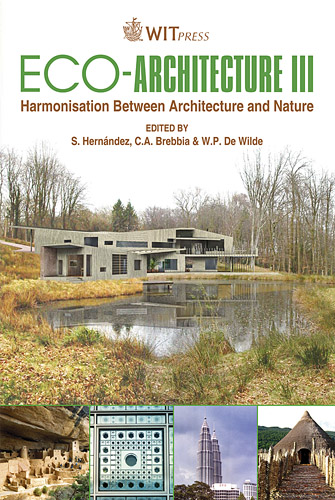Traditional Urbanism And Lessons For Global Cities: The Case Of Isfahan
Price
Free (open access)
Transaction
Volume
128
Pages
11
Page Range
133 - 143
Published
2010
Size
1,822 kb
Paper DOI
10.2495/ARC100121
Copyright
WIT Press
Author(s)
B. A. Kazimee
Abstract
This paper is about a discussion and a record on the ways traditional places can help us re-establish meaning and a sense of belonging, in a world now increasingly defined by pointlessness. The traditional city of Isfahan is selected for discussion and analysis because Isfahan, through its methodical urban development, maintained a balance that stood between nature, culture and society and is the result of an evolving process through many generations. With its marvelous architecture, of pavilions, gardens, mosques and lavish ornamental profusion of building facades, Isfahan bears the hallmark of a culture and architecture that provides us with lessons of history and opens up for us the imaginative myth of human consciousness. Traditional architecture and planning is adoptable to our modern needs and aspiration and can enrich our lives beyond the material and mechanical capacity. Keywords: traditional city, nature, culture/society, architecture and urbanism. 1 Introduction In our current time the spirit of the modern city is one of globalism. This theme perpetuates itself at all levels of society from the work place, to the market, to transportation, to entertainment and architecture. No matter where one travels, modern cities are no longer organized according to regional identity, but rather to a manner that is ephemeral and without a sense of history. During the last century, the modern world has been on a course of persistent change and innovation. The desire, to see truth as strictly the product of rational constructions, has given rise to a world in which rituals, myths and traditions in general are at best interesting relics of the past and at worst invalid and marginal. Once the tradition is seen in a residual as opposed to cyclical terms, tradition
Keywords
traditional city, nature, culture/society, architecture and urbanism





